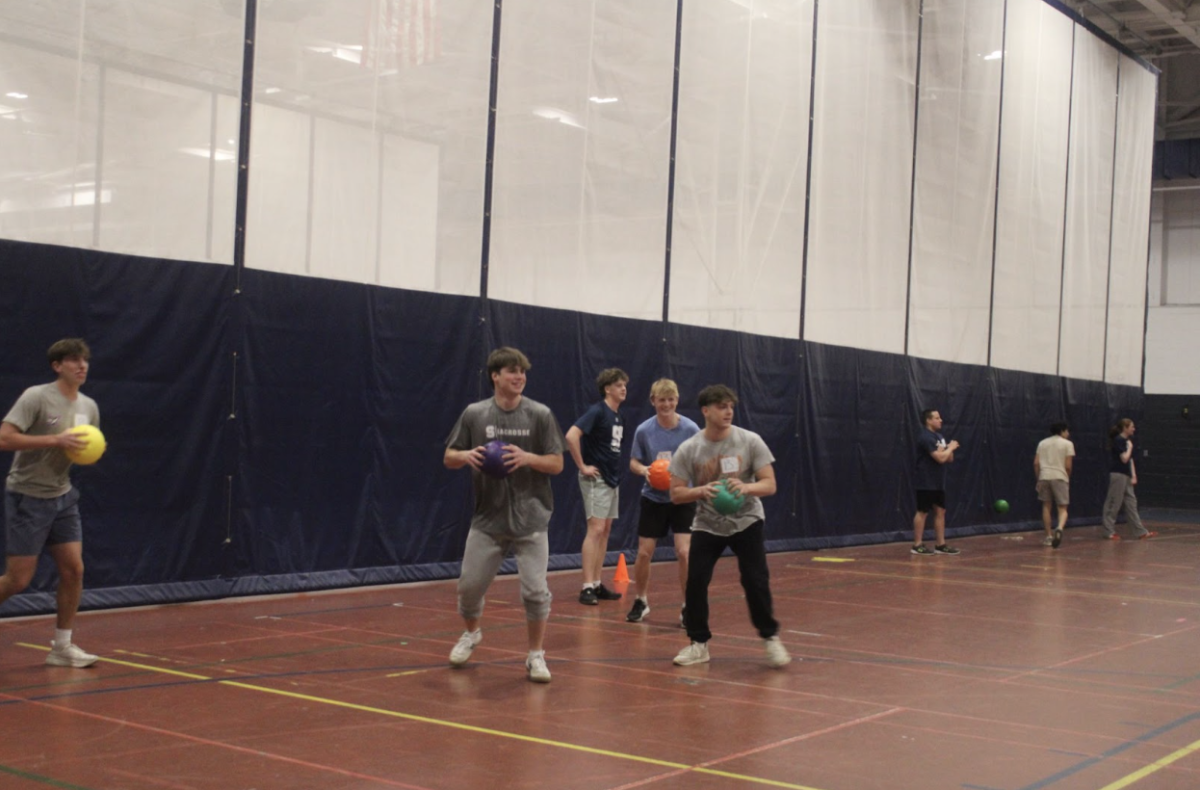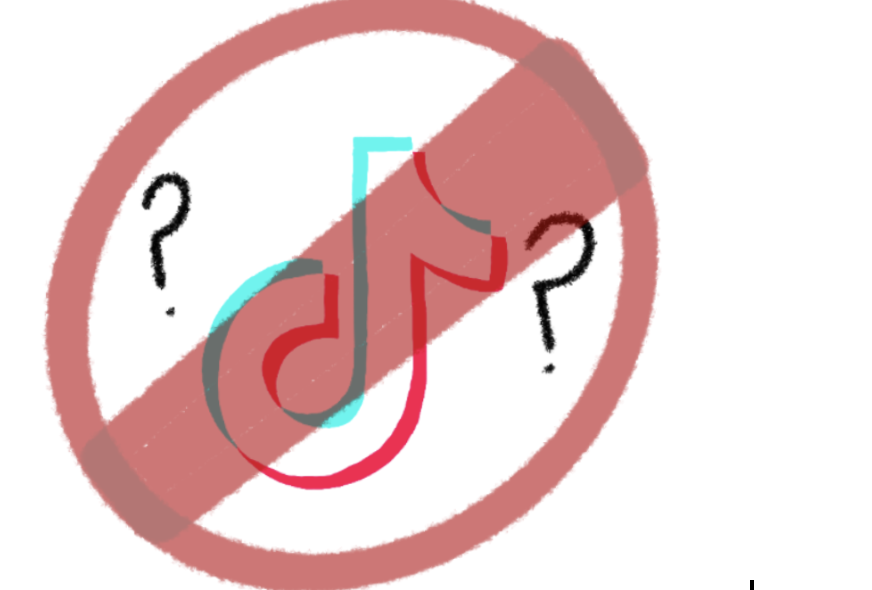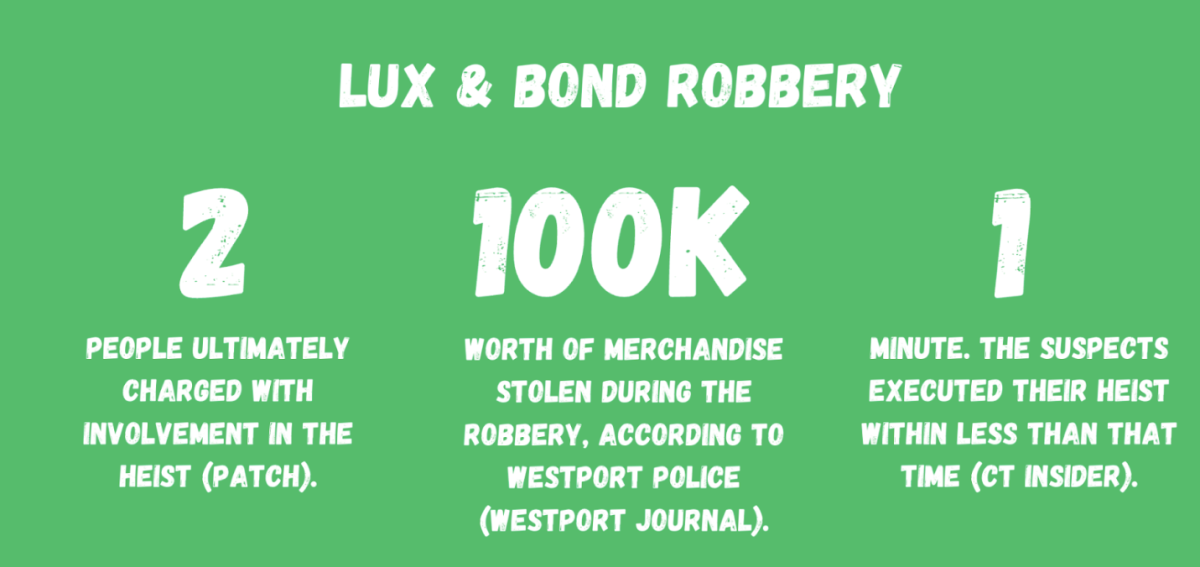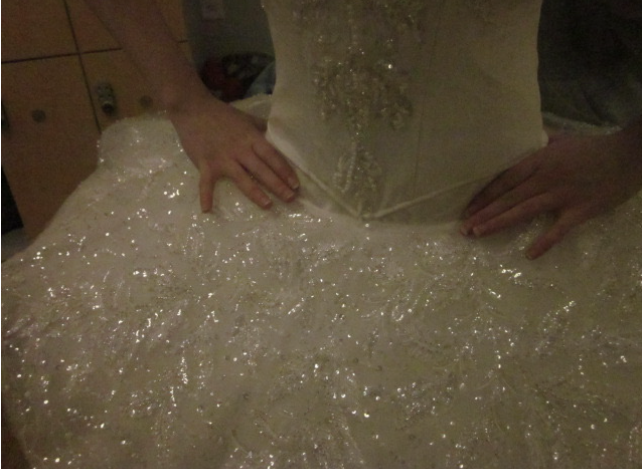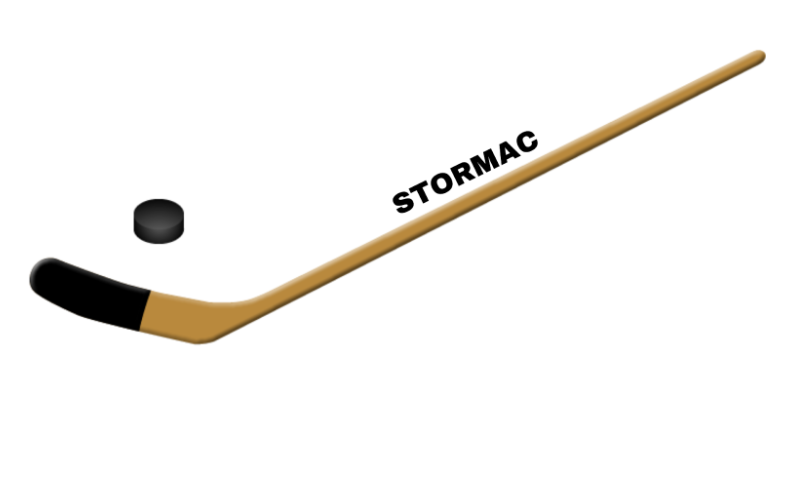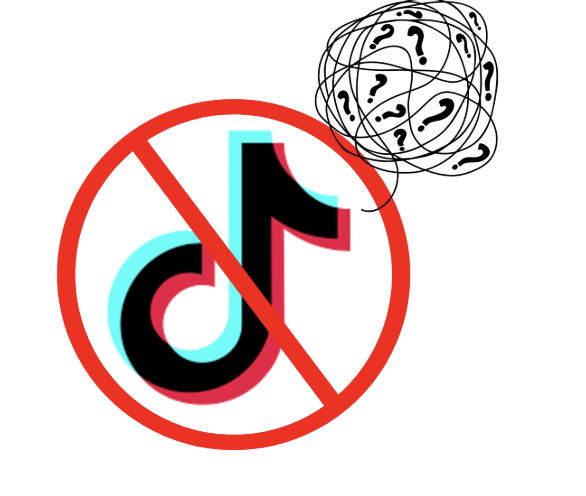
- Image via Wikipedia
Alicia Lourekas ’12
Opinions Editor
Exciting and unnerving junior year, when juniors are officially upperclassman and are ready to begin their college search.
Students have gone through their junior year trying to connect with teachers, for a reason other than good grades: letters of recommendations.
An important aspect of getting accepted into college is getting a good recommendation. The main purpose is to confirm what is already on the student’s transcript.
“For teachers it mostly includes little antidotes about the student performing in class,” said Christine Talerico, she continued to say, ”that a counselor basically sum up the students academics, extra curricular activities, and the student as a whole.”
A letter of recommendations is a requirement for a college application, but can put unnecessary pressure on the teachers who write them, especially since teachers don’t have to write them, they just choose to. Another important thing to note is that a teacher won’t agree to write one if they don’t think they can write a good letter.
Most students ask teachers from their junior year, who know them as good a student. This means some teachers who teach juniors are getting over 20 letters to write.
“I have gotten over 20 plus letters, and started getting asked to write them last April,” said Bill Walsh, teacher in the mathematics department.
Talerico also mentioned that she has finished 28 out of 30 letters.
Most people cannot imagine how one can teach multiple classes, grade tests and quizzes, write over 20 letters of recommendations, so it’s important to acknowledge their extra efforts to help students.
“[A] good student deserves one, so I’m happy to do it, but it takes a lot of time.” Walsh continued to say, “By the time you write, proof-read, use the checklist it can take up to 2 hours for each student.
Students need to understand that their favorite teacher might not be the best fit, and a teacher that is, but won’t be able to submit the letter by the deadline will also, not be the top teacher to pick. They should be aware that longer letter is no better than a shorter letter.
“It’s important to kept it in perspective [that a letter] is about quality not quanity,” Talerico said.
Besides this helpful advice to gaining a great recommendation, here are some key steps from the collegeboard.com to make sure you get the greatest letter recommendation possible:
1. Make sure you’re prepared such as envelopes when you go and ask a teacher.
2. Give the teachers specific material that you want them to write about, whether it’s by reminding them of your best work, articulating your skills you have improved on in their specific class, etc.
3. Make sure the letter has the appearance you want, example using the school letterhead.
4. Make sure to give the teacher the deadlines for all the schools you’re applying to.
5. Make sure everything is stamped and address correctly before you give the envelopes to teachers.
6. Provide an ample amount time that you aren’t rushing to send in recommendations.
7. Make sure teachers know you appreciate their effort into a good recommendation.
All of these steps and helpful tips will help Juniors get the best possible recommendations, which will put their application from the “maybe” pile into the “accepted” pile.




